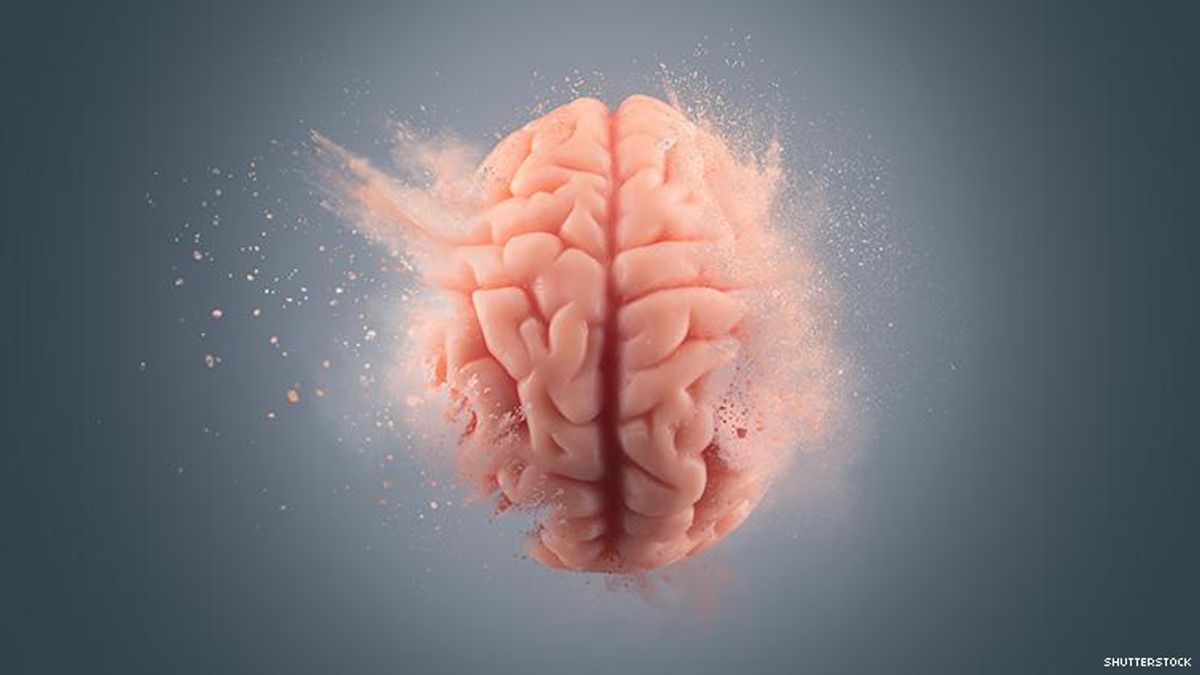Treatment
HIV Can Attack a Child's Brain Long-Term, Even With Early Treatment

A new study shows that while treatment is needed for young children living with HIV, we must not ignore their cognitive health long-term.
December 20 2019 5:45 AM EST
By continuing to use our site, you agree to our Privacy Policy and Terms of Use.

A new study shows that while treatment is needed for young children living with HIV, we must not ignore their cognitive health long-term.
A new study published in Clinical Infectious Diseases revealed that while early HIV treatment in children is mandatory for viral suppression, the virus itself can still negatively impacts a child’s brain as they grow.
The study, led by Michael Boivin, professor and director of the Psychiatry Research Program in the Michigan State University College of Osteopathic Medicine, evaluated the neuropsychological development of three groups of children aged 5 to 11.
The first group was kids who acquired HIV perinatally and were treated with ART early, the second group was kids who were exposed to the virus but were still HIV-negative, and the third group was kids who were never exposed.
Boivin and his team tested the three groups at six different sites across four countries in sub-Saharan Africa to review how HIV is affecting children in that region.
Even though the annual number of new diagnoses among children ages 0 to 14 have been cut in half since 2010, the vast majority of children living with HIV are in sub-Saharan Africa where AIDS remains the leading cause of death among adolescents, according to Avert.org.
Ultimately, data showed that even with early treatment and good health care, children living with HIV will still face significant neuropsychological problems.
"These children came into the study with a deficit compared to their counterparts," Boivin said to MedicalXpress. "It stayed about the same throughout the two years, except in one important area: reasoning and planning. On that specific test domain, the children living with HIV failed to progress over time."
In other words, there was a wide gap between HIV-negative children and HIV-positive children when it came to their ability to "plan and reason," which typically blossoms in Elementary School and Junior High-aged kids.
"This is the most important cognitive function for the future of children living with HIV in terms of their likelihood of taking their medications, making good decisions, abstaining from risky behaviors like early sexual activity, psychosocial issues and school-related achievement," added Boivin.
Researchers conclude that HIV treatment as early as 6 months of age is likely not enough to address the neurocognitive deficits associated with the virus. Boivin recommends long-term care and a larger focus of engaging these cognitive functions in kids through consistent evaluations, and even games.
Thanks to a five-year, $3.2 million grant from the National Institutes of Health (which sponsored the study), researchers will investigate how MSU-developed computer cognitive games can serve as tools for neurocognitive evaluation, enrichment, and potentially rehabilitation.
"Often it's overlooked or seen as an afterthought, but unlike other areas of medical follow up, neuropsychological evaluation really gets at how well the kids are going to adapt and function in school, at home, in the community and in society in general," Boivin said. "It's really what links us most directly to the human burden of disease."